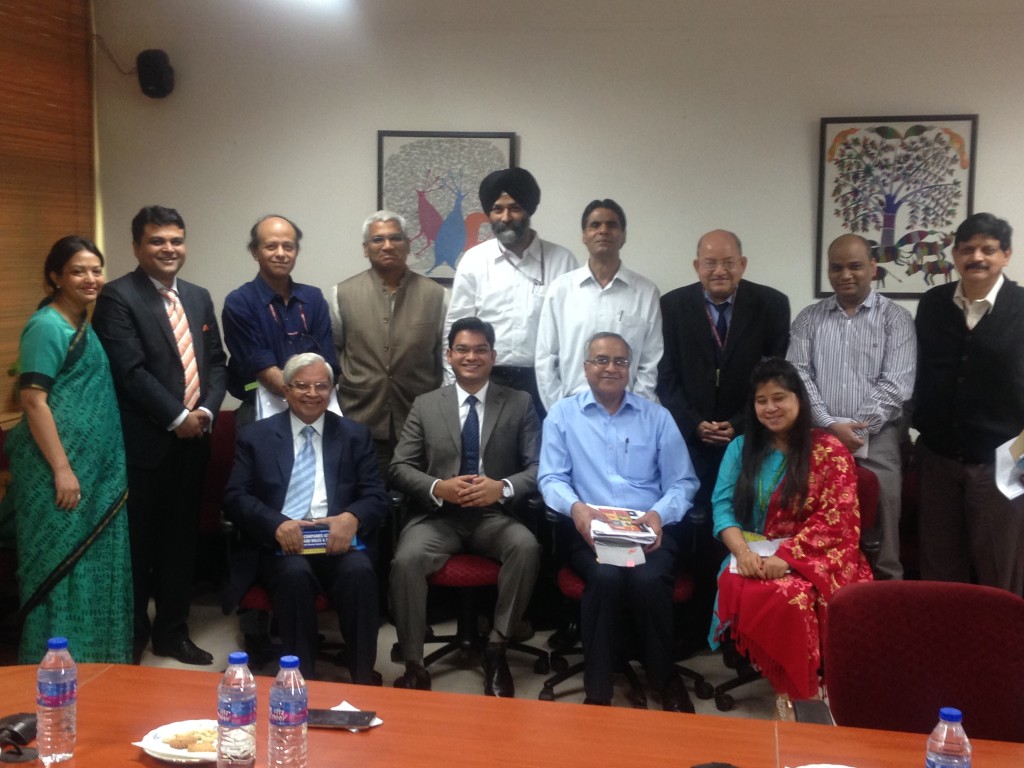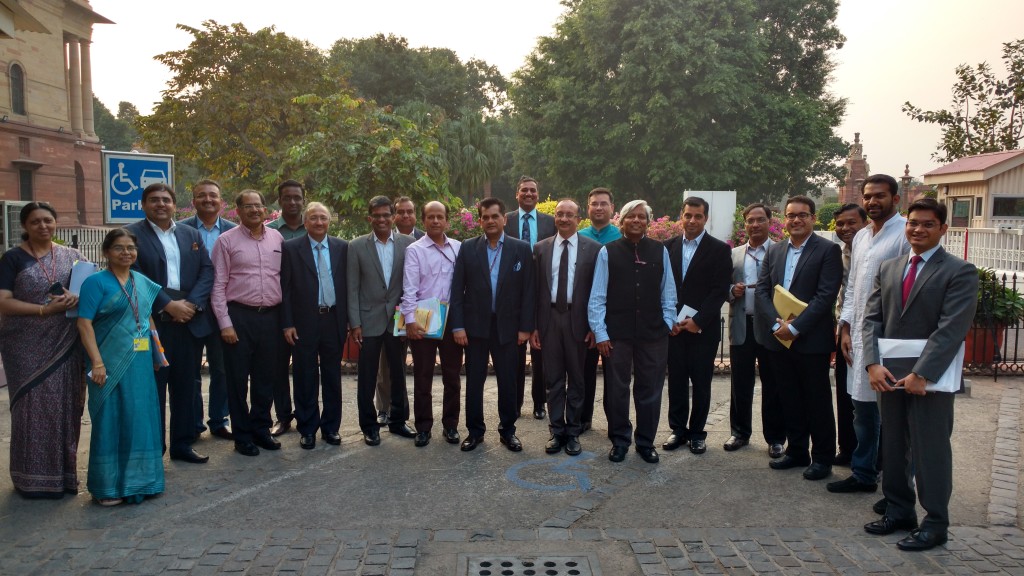Several notable announcements have been made by RBI and MCA pursuant to iSPIRT’s Stay-in-India Checklist (discussed in my earlier post here). In its bi-monthly monetary policy statement released earlier today, RBI has stated that it will take steps to contribute to an ecosystem that is conducive for growth of startups. It is noteworthy that each of the points in the policy framework released by RBI has attempted to address specific issues set out in iSPIRT’s Stay-in-India Checklist. As a member of iSPIRT’s Stay-and-List-in-India Policy Expert Team, it is a proud moment for me to see the result of months of interaction with various authorities on the Stay-in-India Checklist.
 The policy changes announced by RBI are as follows:
The policy changes announced by RBI are as follows:
- Startups in all sectors will be permitted to receive investments from foreign venture capital investors (FVCI)
- Transfer of shares from FVCIs to other residents or non-residents will be allowed
- Permitting receipt of the consideration amount on a deferred basis as also enabling escrow or indemnity arrangements up to a period of 18 months, in case of transfer of ownership of a start-up
- Enabling online submission of A2 forms for outward remittances on the basis of the form alone or with document(s) upload/submission, depending on the nature of remittance
- Simplifying the process for dealing with delayed reporting of FDI related transaction by building a penalty structure into the regulations itself
- Issue of shares without cash payment through sweat equity or against any legitimate payment owed by the company, remittance of which does not require any permission under FEMA
- Collection of payments by start-ups on behalf of their subsidiaries abroad
In addition to the above, the following Stay-in-India Checklist points have been deferred for consideration with the Central Government.
- Permitting start-ups to access rupee loans under ECB framework with relaxations in respect of eligible lenders, etc.
- Issuance of innovative FDI instruments like convertible notes
- Streamlining of overseas investment operations for start-ups
- While the above announcements by RBI are encouraging (and extremely fulfilling, given the role iSPIRT’s Stay-in-India Checklist has played), it is important that these relaxations are not limited to the category of startups that are eligible to benefits under the Startup India Action Plan.
In addition to RBI, several key MCA points from iSPIRT’s Stay-in-India Checklist have been discussed in the report of the Companies Law Committee which was submitted to the Government yesterday. These issues are as follows:
- Reducing private placement process for issuance of securities
- Excluding convertible notes (convertible into equity or repayable within 5 years from the date of issue, if issued to a person with a minimum investment size of INR 25 lakhs brought in a single tranche) raised by startups from the definition of deposits
- Allowing startups (which are incorporated as private companies) to raise deposits from members for the first 5 years without any upper limit
- Simplifying the procedure to convert an LLP into a company
- Deleting insider trading provisions
- Allowing startups to issue ESOPs to promoters working as employees or directors
- Excluding certain private companies under the purview of the definition of ‘listed company’
- Simplifying the incorporation process
Again, while it is heartening to see this extent of action by the authorities on iSPIRT’s Stay-in-India Checklist, it must be ensured that not everything is linked to the definition of startups announced in the Startup India Action Plan.
 Lastly, while the RBI has positively stated that it will notify certain changes soon, all of MCA issues and a majority of RBI issues are still at a ‘discussion/recommendation stage’ (and have been merely acknowledged by the authorities as issues that need to be resolved). Hopefully, the authorities will not stop here, and will implement all these changes soon. Needless to add, iSPIRT will keep interacting with, and assisting, the authorities in achieving a quick closure to these items, as well as the remaining issues which have not yet been touched by the authorities.
Lastly, while the RBI has positively stated that it will notify certain changes soon, all of MCA issues and a majority of RBI issues are still at a ‘discussion/recommendation stage’ (and have been merely acknowledged by the authorities as issues that need to be resolved). Hopefully, the authorities will not stop here, and will implement all these changes soon. Needless to add, iSPIRT will keep interacting with, and assisting, the authorities in achieving a quick closure to these items, as well as the remaining issues which have not yet been touched by the authorities.

